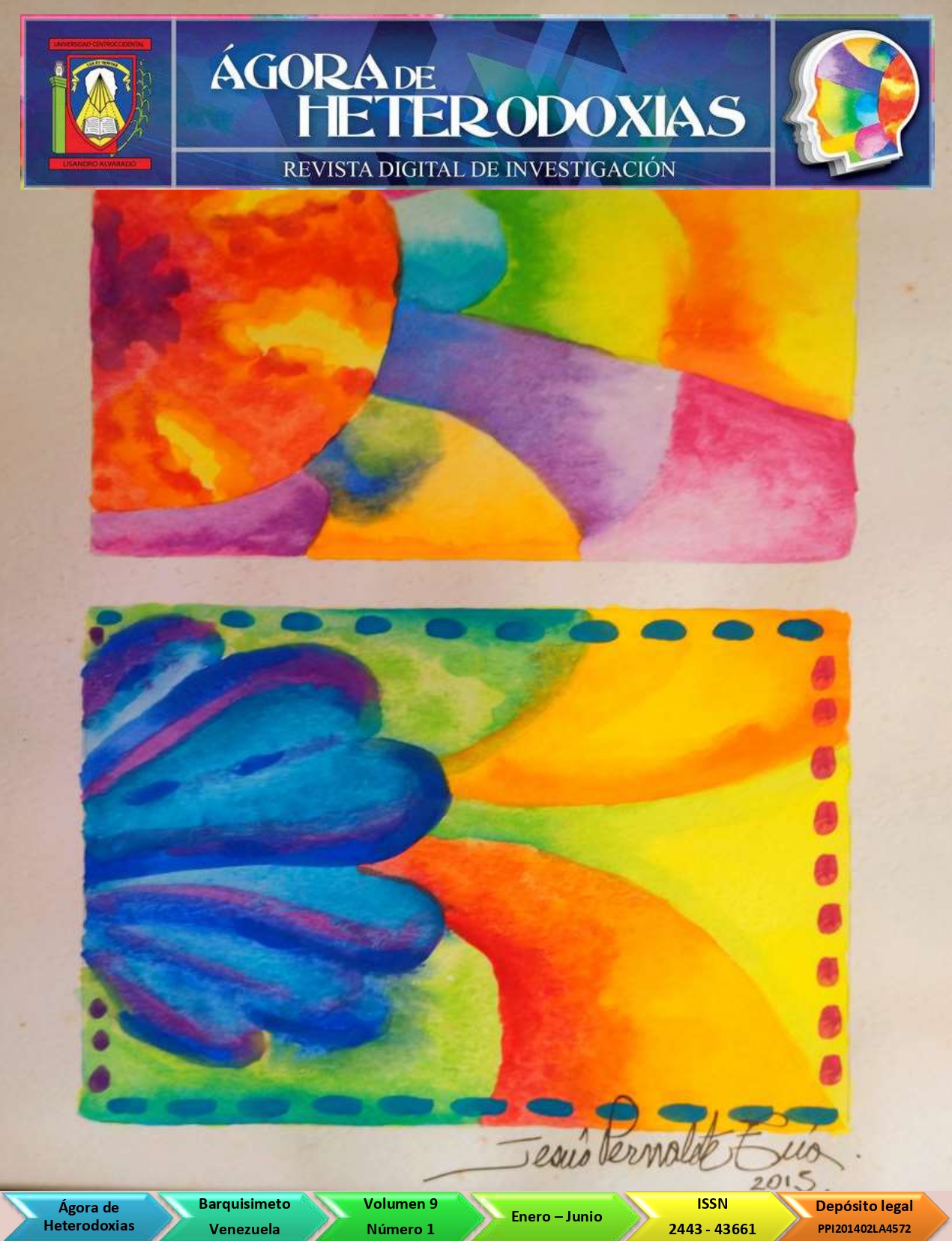Os riscos do nevoeiro: houve um evento de desenvolvimento na América Latina no início do século XXI?
DOI:
https://doi.org/10.5281/zenodo.7855668Palavras-chave:
América Latina, desenvolvimento econômico, novo desenvolvimentismo, transformação produtivaResumo
Este ensaio analisa as observações conclusivas de Fernando Calderón e Manuel Castells em seu livro A Nova América Latina, segundo as quais a região viveu entre 2003 e 2013 um período de desenvolvimento econômico definido como "neodesenvolvimentismo". A narrativa alternativa proposta no ensaio sugere que não houve um momento desenvolvimentista na região, mas sim um súbito e prolongado boom de renda externa proporcionado pela alta generalizada dos preços dos produtos básicos, aproveitada pela classe política emergente para ampliar o gasto público e financiar por meio dele a constituição de uma base política clientelista sobre a qual sustentar sua própria preeminência e condições de possibilidade frente ao ciclo eleitoral. Os onze anos de crescimento baseado na monetização da renda externa não geraram mudanças na diversificação da base econômica e na expansão da pauta de exportação, e muito menos crescimento na produtividade do trabalho para sustentar a expansão do mercado interno e das exportações.
Downloads
Referências
ALADI (2020). Sistema de información del comercio exterior.
Aravena, C y Fuentes J. A. (2013). El desempeño mediocre de la productividad laboral en América Latina: una interpretación neoclásica. En CEPAL, Serie Macroeconomía del Desarrollo N° 140. Santiago de Chile, agosto.
Araníbar Arce, A y Rodríguez, B. (Coordinadores) (2013). América Latina, ¿del neoliberalismo al neodesarrollismo. Buenos Aires: Siglo XXI Editores.
BEA, US Department of Commerce. https://www.bea.gov/
Bértola, L. y Ocampo, J.A. (2022). El desarrollo económico de América Latina desde la independencia. Ciudad de México: Fondo de Cultura Económica.
BIS (2019). Foreing Exchange and Derivatives Markets Activity. Publicación trienal. Bruegel. Org., Bruselas.
Calderón, F. y Castells, M. (2018). La nueva América Latina. Santiago de Chile: Fondo de Cultura Económica.
CEPAL (2019). Anuario estadístico de América Latina y el Caribe. Santiago de Chile
.
Cepalstat 2022) Comisión Económica para América Latina y el Caribe. https://statistics.cepal.org/portal/cepalstat/index.html?lang=es
Fischer, S. (1987). International Macroeconomic Policy Coordination. NBER, Working Paper N° 2244.
Hausmann, R., Hwang, J. y Rodrik, D. (2005). What you Export Matters. NBER Working Papers 11905.
Hausmann, R y Klinger, B. (2007). The Structure of Product Space and the Evolution of Comparative Advantage. Working Papers 146. Center for International Development at Harvard University.
IMF (2020). Direction Of Trade Statistics.
Lakatos, C. y Ohnsorge, F. (2017). Arm’s Length Trade: A Source of Post-Crisis Trade Weakness. World Bank, Policy Research Working Paper 8144.
López Ríos, V. (enero-abril 2020). Latinoamérica entre la globalización y la reprimarización. Cuadernos del CENDES. Año 37. N° 103. Tercera época. Caracas, Venezuela.
López Ríos, V. (mayo-agosto 2020). Crisis económica crisis hegemónica: ¿hay oportunidad para el desarrollo? Cuadernos del CENDES. Año 37. N° 104. Tercera época. Caracas, Venezuela.
Levitt, T. (1983). The Globalization of Markets. Harvard Business Review.
Martins, C. E. (2011). Globalização, dependência e neoliberalismo na América Latina. São Paulo: Boitempo Editorial.
Nurse, R. (1973). Problemas de formación de capital en los países insuficientemente desarrollados. México: Fondo de Cultura Económica.
Rodríguez, O. (1986). La teoría del subdesarrollo de la Cepal. México: Siglo XXI Editores.
Ros, J. (2004). La teoría del desarrollo y la economía del crecimiento. México: Fondo de Cultura Económica.
Swary, I., y Topf, B. (1993). La desregulación financiera global. La banca comercial en la encrucijada. México: Fondo de Cultura Económica.
Torija-Zane, E. (2012). Desarrollo industrial y política macroeconómica de los dragones asiáticos: 1950-2010. CEPAL, Documento de Proyecto. Santiago de Chile.
UNCTAD (2020). World Investment Report. Cuadro I.7. Selected indicators of FDI and international production, 2019 and selected years.
Williamson, J. (1990). What Washington Means by Policy Reform. Peterson Institute for International Economics. Washington D.C.
Young, Allyn A. (1928). Increasing Returns and Economic Progress. Economic Journal. Diciembre.
Publicado
Como Citar
Edição
Seção
Copyright (c) 2023 Vladimir López Ríos

Este trabalho está licensiado sob uma licença Creative Commons Attribution-NonCommercial-ShareAlike 4.0 International License.
![]() Authors keep their copyrights so articles can be reused for teacher and research purpose. Readers and users can also reuse articles for the same purposes but not for commercial purposes. Ágora de Heterodoxias has no responsibility on information given by collaborators which is not necessarily the point of view of the publication
Authors keep their copyrights so articles can be reused for teacher and research purpose. Readers and users can also reuse articles for the same purposes but not for commercial purposes. Ágora de Heterodoxias has no responsibility on information given by collaborators which is not necessarily the point of view of the publication



